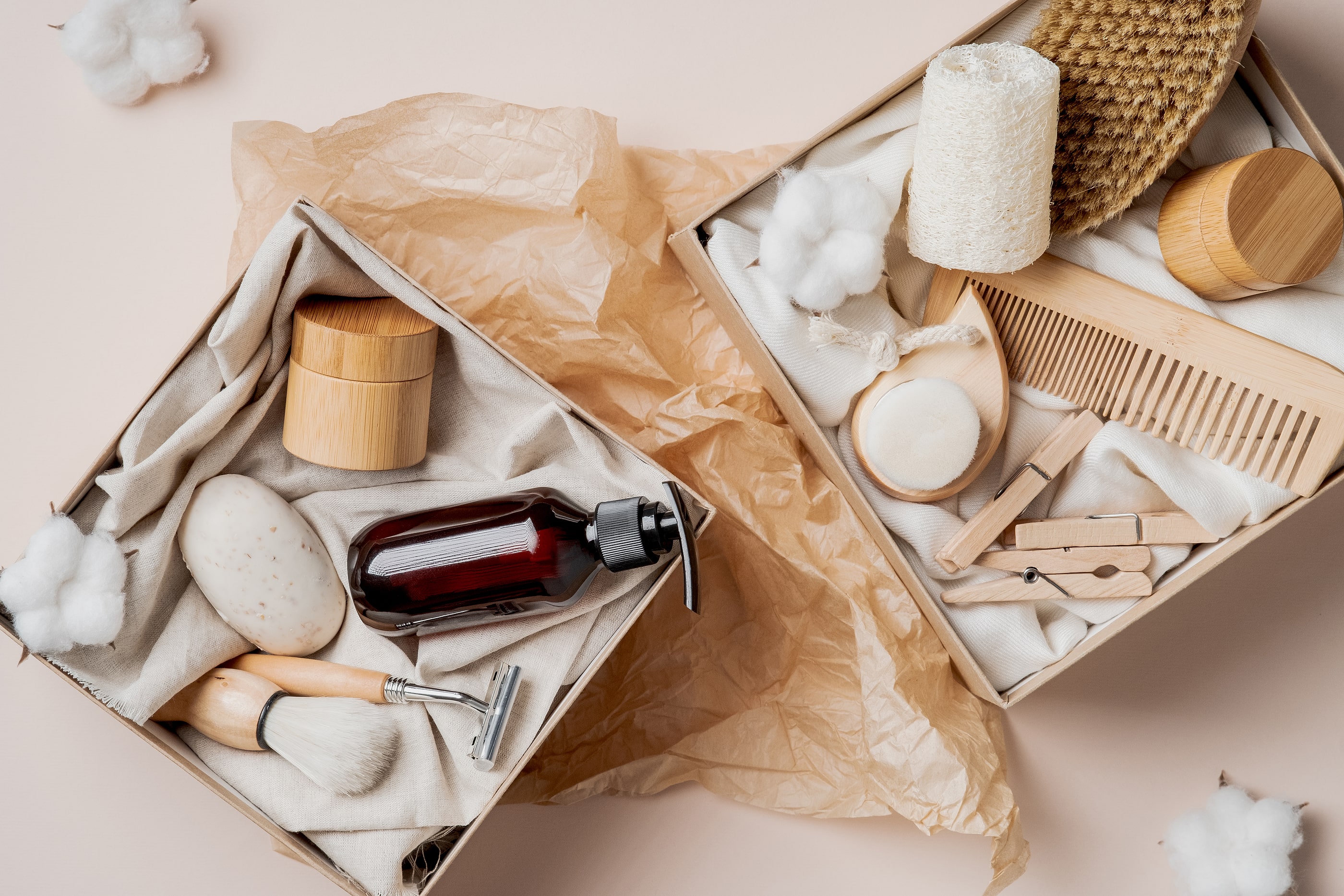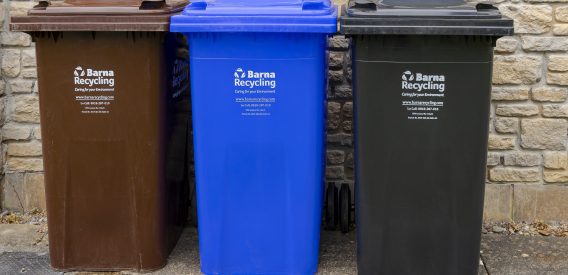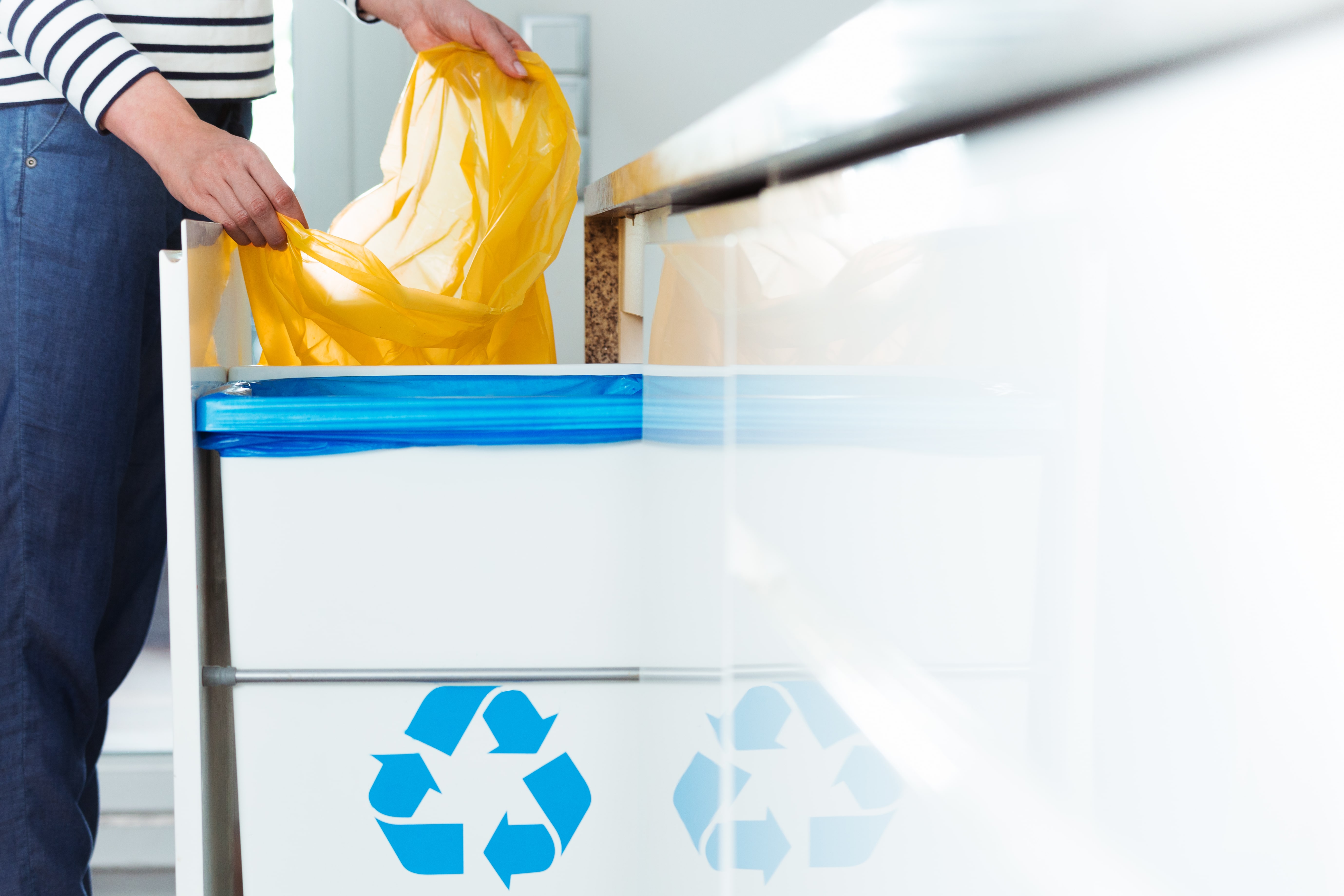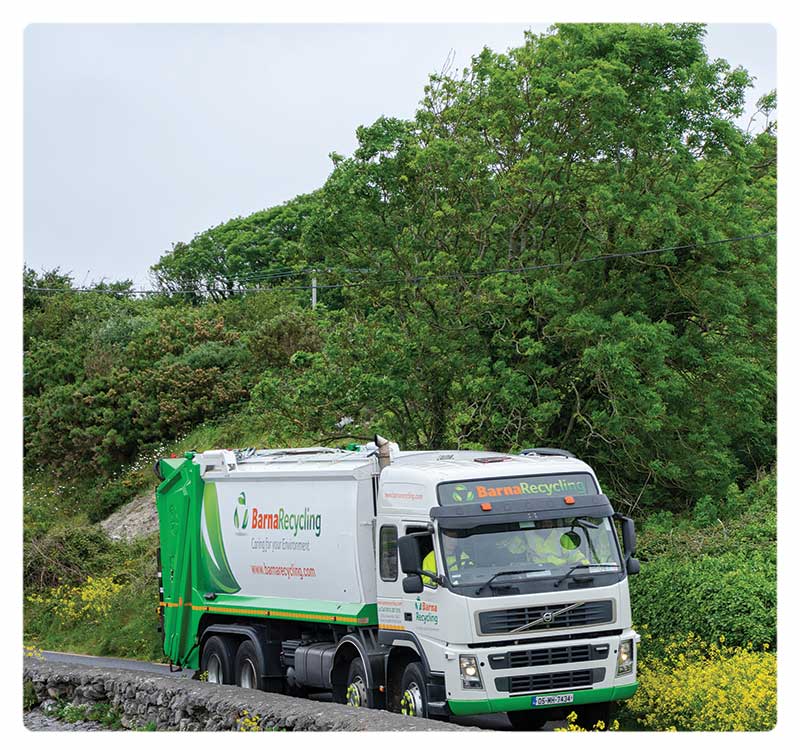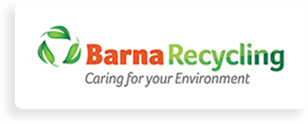- Barna Recycling
- Sep 20, 2021
- waste awareness, waste disposal, waste management
An Effective Guide to Reducing Household Waste: Bathroom Edition
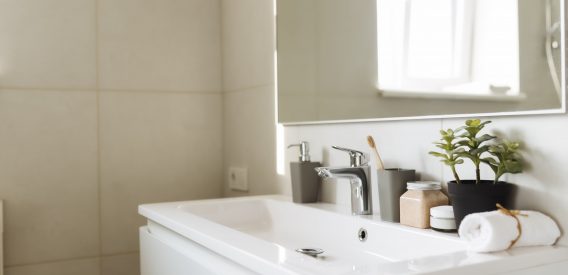
If you pay close attention to your personal care, beauty, and general hygiene routine, you might be surprised to find that often there is more waste in your bathroom than anywhere else in the house! From shampoo bottles, shower gels, soap packaging, disposable razors to bathroom cleaners and toilet rolls, our bathrooms are packed with recyclables!
Even though we all use toiletries, personal care items and bathroom cleaners on a daily basis. When it comes to reducing household waste, we find bathroom waste often tends to get overlooked. It’s important to understand how and where to dispose of your bathroom waste correctly.
Below we have outlined some excellent tips and techniques for creating a low waste, eco-friendly bathroom.
Reorganise & Declutter
The fewer products you have in your bathroom, the less waste you will produce!
- Every now and then dedicate time to reorganise and rearrange all your cosmetics, personal care items and toiletries. So, you know what you need/use regularly and keep them easy to reach.
- Dispose of the items that you do not need or the ones that have expired
Use Biodegradable Products
- Instead of using plastic combs and brushes, opt for a biodegradable bamboo or wooden toothbrush/hairbrush. You can find wooden/bamboo combs and brushes that are all-natural, biodegradable and very chic!
- Instead of buying shampoos and soaps in plastic bottles, switch to using soap bars and shampoo cars. This is way is eco-friendlier and more cost-effective compared to using liquid soap, shampoos and shower gels that come in plastic containers and non-recyclable plastic pumps.
- You can also go a step further and look for organic, palm oil free soaps made from all-natural ingredients with compostable packaging.
- If you are someone with a regular makeup or skincare routine, then you know it is quite common to use up cotton pads per day and throwing them away after use. Instead, we recommend using reusable cotton makeup removal pads, which can be washed along with your regular laundry. In fact, several make-up brands, reward you for recycling their old products which might also be worth looking into.
Shop Smart
- Most beauty products & toiletries, tend to come with excessive plastic packaging including cardboard boxes, sometimes even the ones that say are eco-friendly!
- Instead of purchasing these products, opt for products that come with sustainable, compostable, or biodegradable packaging materials, corrugated bubble wrap, biodegradable foam beads etc. With boxes or bubble wrap, it is always a good idea to re-use them where possible.
Understand what you can recycle
The good news is that almost all your bathroom waste items can in fact be recycled. Here is a list of the items that can (and should) be recycled from your bathroom:
- Shampoo, conditioner & shower gel Bottles
- Hand soap bottles (reuse or remove the pump dispenser as you cannot recycle it)
- Cardboard boxes, e.g., toothpaste or soapboxes
- Bathroom cleaner and bleach bottles
- Toilet roll tubes
- Deodorant lids
Note: Items such as nappies, toilet rolls, wipes, cotton wool CANNOT be recycled and would have to be disposed of in the general waste bin (black Barna bin)
Remember, all items being recycled must be clean, dry, and loose. So, make sure to rinse out any bottles and containers before popping them into your recycling bin. You can also check What Goes in My Blue Bin if you are unsure of items that you can recycle.
Visit our website If you would like more information on where to dispose of certain items or would like to order a skip, give our team a call today on 091 771619.

